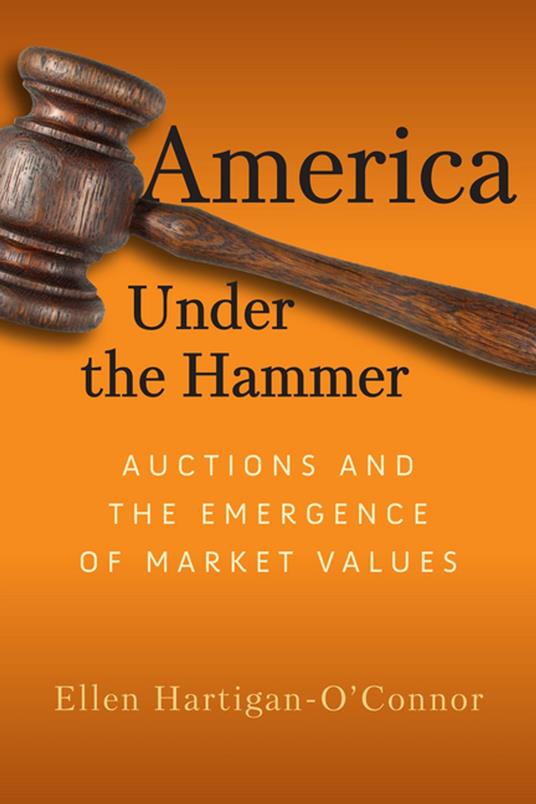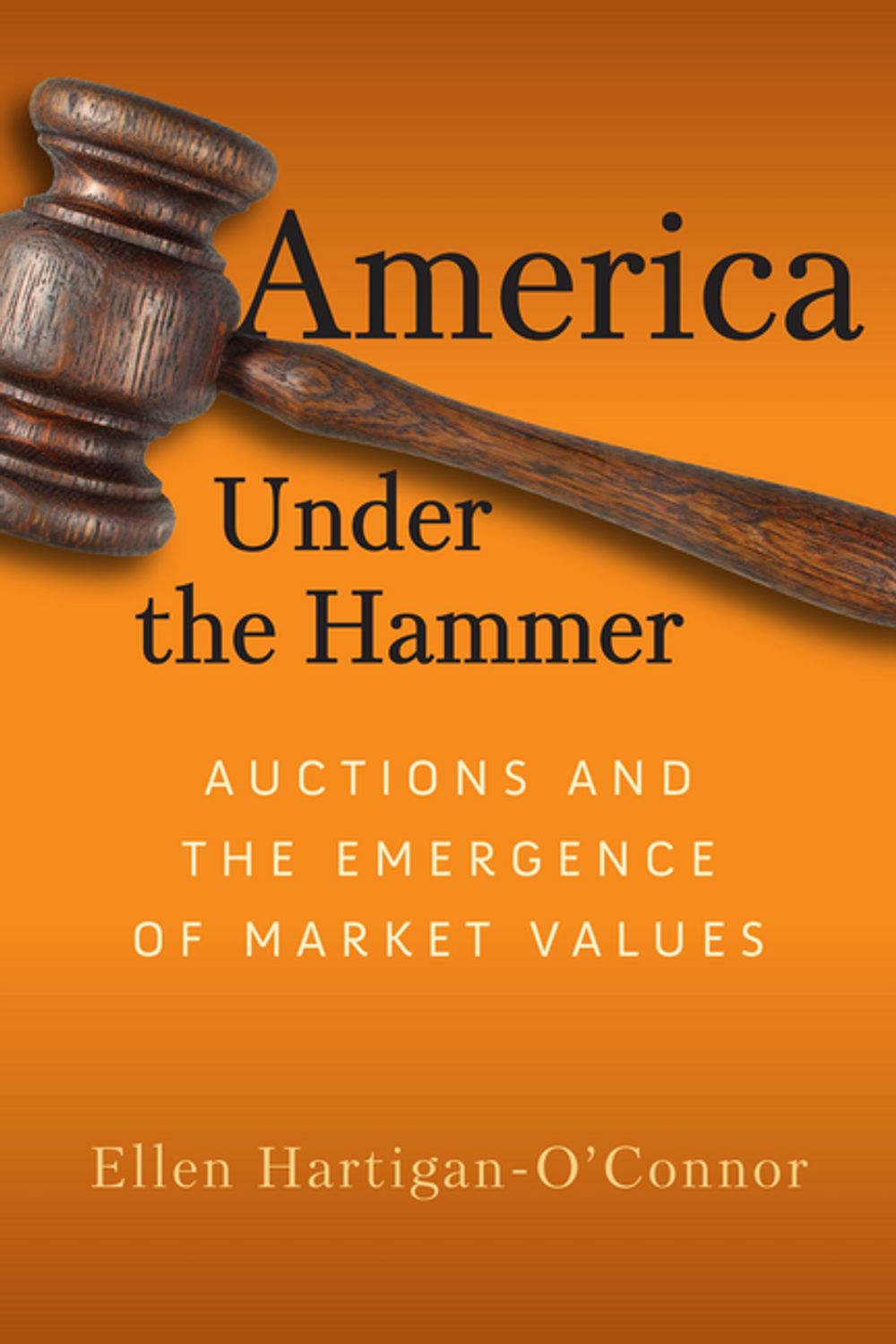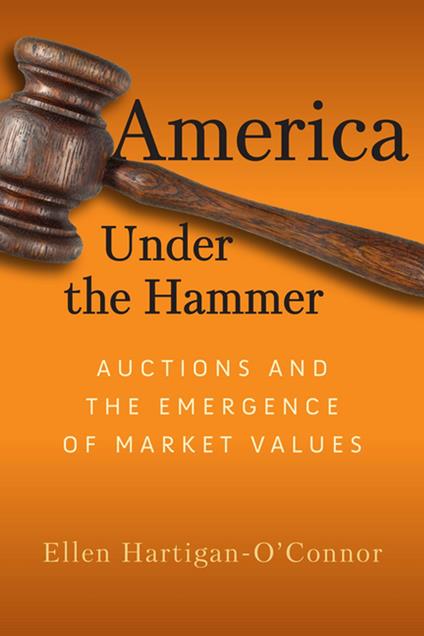America Under the Hammer
Reveals how, through auctions, early Americans learned capitalism As the first book-length study of auctions in early America, America Under the Hammer follows this ubiquitous but largely overlooked institution to reveal how, across the eighteenth and early nineteenth centuries, price became an accepted expression of value. From the earliest days of colonial conquest, auctions put Native land and human beings up for bidding alongside material goods, normalizing new economic practices that turned social relations into economic calculations and eventually became recognizable as nineteenth-century American capitalism. Starting in the eighteenth century, neighbors collectively turned speculative value into economic “facts” in the form of concrete prices for specific items, thereby establishing ideas about fair exchange in their communities. This consensus soon fractured: during the Revolutionary War, state governments auctioned loyalist property, weaponizing local group participation in pricing and distribution to punish political enemies. By the early nineteenth century, suspicion that auction outcomes were determined by manipulative auctioneers prompted politicians and satirists to police the boundaries of what counted as economic exchange and for whose benefit the economy operated. Women at auctions—as commodities, bidders, or beneficiaries—became a focal point for gendering economic value itself. By the 1830s, as abolitionists attacked the public sale of enslaved men, women, and children, auctions had enshrined a set of economic ideas—that any entity could be coded as property and priced through competition—that have become commonsense understandings all too seldom challenged. In contrast to histories focused on banks, currencies, or plantations, America Under the Hammer highlights an institution that integrated market, community, and household in ways that put gender, race, and social bonds at the center of ideas about economic worth. Women and men, enslaved and free, are active participants in this story rather than bystanders, and their labor, judgments, and bodies define the resulting contours of the American economy.
-
Autore:
-
Anno edizione:2024
-
Editore:
-
Formato:
-
Lingua:Inglese
Formato:
Gli eBook venduti da Feltrinelli.it sono in formato ePub e possono essere protetti da Adobe DRM. In caso di download di un file protetto da DRM si otterrà un file in formato .acs, (Adobe Content Server Message), che dovrà essere aperto tramite Adobe Digital Editions e autorizzato tramite un account Adobe, prima di poter essere letto su pc o trasferito su dispositivi compatibili.
Cloud:
Gli eBook venduti da Feltrinelli.it sono sincronizzati automaticamente su tutti i client di lettura Kobo successivamente all’acquisto. Grazie al Cloud Kobo i progressi di lettura, le note, le evidenziazioni vengono salvati e sincronizzati automaticamente su tutti i dispositivi e le APP di lettura Kobo utilizzati per la lettura.
Clicca qui per sapere come scaricare gli ebook utilizzando un pc con sistema operativo Windows



